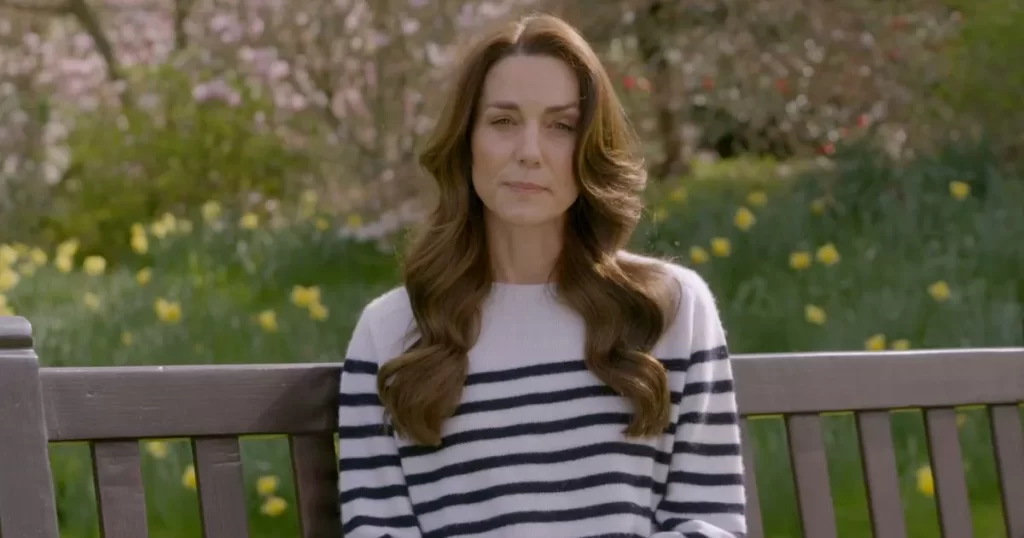Video LoadingVideo UnavailableClick to playTap to playThe video will auto-play soon8CancelPlay nowGet daily celeb exclusives and behind the scenes house tours direct to your inboxMore Newsletters SubscribePlease enter a valid emailSomething went wrong, please try again later.More NewslettersWe use your sign-up to provide content in ways you’ve consented to and improve our understanding of you. This may include adverts from us and third parties based on our knowledge of you. More infoThank you for subscribing!We have more newslettersShow me See OurPrivacy Notice See OurPrivacy Notice×Group 28 Get daily celeb exclusives and behind the scenes house tours direct to your inboxInvalid emailSomething went wrong, please try again later.Sign UpNo thanks, closeWe use your sign-up to provide content in ways you’ve consented to and improve our understanding of you. This may include adverts from us and third parties based on our knowledge of you. More info×Group 28Thank you for subscribing!We have more newslettersShow MeNo thanks, closeSee our
Privacy NoticeKate Middleton shocked the world on Friday when she announced she had been diagnosed with cancer. The royal mum of three explained that the cancer was discovered following her abdominal surgery, and she is now undergoing treatment, sharing that she is having “preventative chemotherapy.” The treatment, known formally as adjuvant chemotherapy, is a course of anti-cancer drugs that is given to mop up any cancer cells that might remain in the body after primary cancer treatment, which is usually surgical removal of a tumour. Chemotherapy is a type of cancer treatment that kills cancer cells and prevents the disease from coming back. There are many types of chemotherapy, but the most common are tablets and liquids that are put directly into the vein.
The Princess of Wales has revealed that she has been diagnosed with cancer
(Image: BBC Studios)
Read More
Related Articles
Harry & Meghan ‘still hope’ they’ll be asked to return as working royals
Read More
Related Articles
Kate Middleton’s go-to fashion brand Boden is having a big sale – here’s what we’re shopping
Chemotherapy can be given before or after surgery, or on its own. It can also be given to help ease symptoms when the cancer has spread and cannot be cured. Chemotherapy can be used even if surgeons believe they have removed all the cancer, to lower the risk of the disease coming back. Professor Bob Phillips, Professor of Paediatric Oncology at the University of York, said: “For some types of cancers, chemotherapy can be given after to act to ‘mop up’ if there are any cancer cells left. “The value of this varies between cancer types, and even the size and place of the same cancer type.” Prof Andrew Beggs, Consultant Colorectal Surgeon at the Queen Elizabeth Hospital Birmingham, said preventive chemotherapy was “a bit like mopping a floor with bleach when you’ve spilt something on it, chemotherapy kills any spilt cells”.
Kate Middleton reportedly ‘wrote every word’ of her cancer announcement
(Image: getty)
Chemotherapy can also be combined with other treatments, such as radiotherapy, to make them more effective. Chemotherapy given into a vein is usually carried out as an outpatient hospital procedure, whereas chemotherapy tablets can be taken at home, with regular check-ups from medical staff. Sometimes, people have more than one type of chemotherapy. How long they need treatment for also depends on the stage and type of cancer. Prof Phillips said the timeframe for chemotherapy treatment was “hugely variable”, adding that it was given “traditionally between four and six ‘cycles’ (blocks) of chemo, each cycle lasting 21 days and consisting of a day or few days of chemo.” He added there would then be “time for the body to recover from it, while the chemo keeps damaging the cancer cell.” “There are also some which are daily, some which are four-weekly, and some which are two-weekly.” Side-effects of chemotherapy occur because healthy cells are damaged alongside any cancer cells. Treatment can therefore make people feel very tired and nauseous, and cause them to vomit and lose their hair.
Kate is undergoing preventative chemotherapy
(Image: PA Archive/PA Images)
People undergoing chemotherapy are also at an increased risk of getting infections, a sore mouth, dry, sore or itchy skin and bowel issues. Sometimes, other medicines are given to patients to help with these side-effects. More than 375,000 people are diagnosed with cancer each year in the UK and there are more than 167,000 deaths from the disease. Half of people with cancer survive for a decade or longer after diagnosis. more than 167,000 deaths from the disease. Half of people with cancer survive for a decade or longer after diagnosis. Cancer survival can be different for each type of cancer and it’s really important to find it early. The most common cancer in the UK is breast cancer, then prostate cancer, lung cancer, and bowel cancer.
William has been supporting Kate throughout her diagnosis
(Image: SplashNews.com)
When asked if age matters for how well people do after cancer treatment, Prof Phillips shared: “Sort of, but not in a simple way. Generally speaking, the healthier someone is before cancer treatment, the closer-to-optimal the amount of chemo and the gaps-between-chemo can be. Generally, the younger someone is the healthier they will be.” Prof Beggs explained that cancer in young adults isn’t rare at all. He runs a clinic for adults who get cancer early in life and there are more people in their 40s getting cancer now. He added: “Age has no effect on the success rate of chemotherapy except when the cancers are ‘immune hot’ which are commoner in young people in this case a type of chemotherapy called immunotherapy could be given.” “Young people also better tolerate higher doses of chemotherapy and so can be given stronger regimens that are more likely to kill any left over cells.”Story SavedYou can find this story in My Bookmarks.Or by navigating to the user icon in the top right.Follow OK! MagazineFacebookTwitterCommentMore OnKate MiddletonHealth












